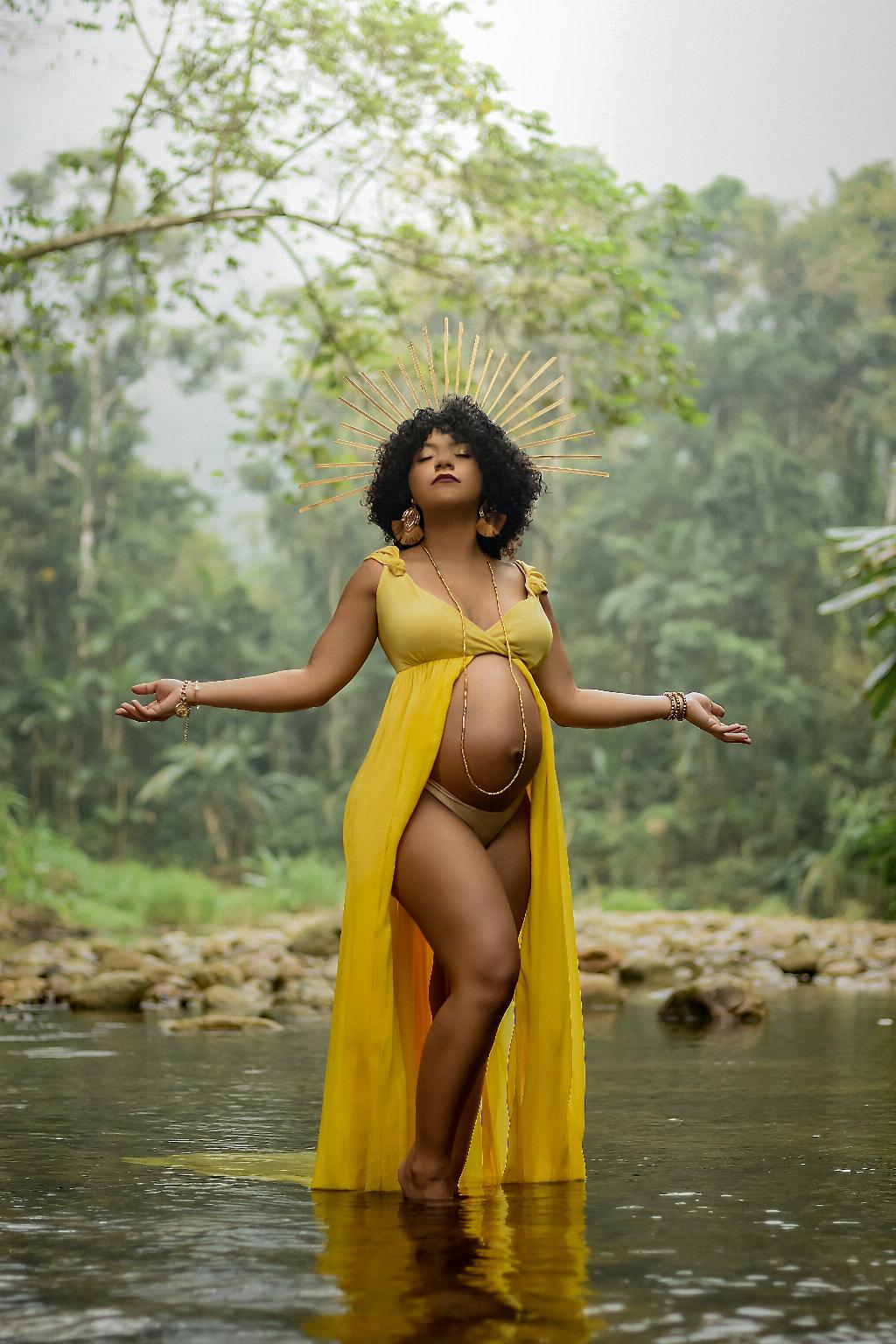When it comes to pregnancy, one of the most exciting and sometimes nerve-wracking moments is the point when your belly starts to show. At 18 weeks pregnant, the answer to whether or not your belly shows can vary greatly from woman to woman. It all depends on factors like your body type, the position of the baby, and whether it’s your first pregnancy or not.
Factors Affecting Belly Size
While some women may start showing a noticeable baby bump at 18 weeks, others might still have a relatively flat stomach. This can be influenced by how your body carries weight, the position of the baby in the uterus, the strength of your abdominal muscles, and even your posture.
Uterus Expansion
At 18 weeks, your uterus is growing and expanding rapidly to accommodate your growing baby. It’s no longer tucked away in your pelvis and is making its way up towards your belly button and beyond. This upward growth can contribute to the rounding of your abdomen.
Impact on Center of Gravity
As your belly starts to show, you may notice changes in your center of gravity. Your growing uterus and baby bump can shift your weight forward, leading to adjustments in how you walk and stand. This can sometimes result in back pain or discomfort as your body adapts to the changes.
Physical Changes
Aside from the outward appearance of your belly, you may also be experiencing other physical changes at 18 weeks pregnant. Your breasts may have grown larger, you might be feeling more tired, and you could be experiencing skin changes such as stretch marks.
Emotional Responses
The sight of your belly starting to show can evoke a range of emotions. For some women, it’s a moment of joy and excitement as they see tangible proof of their pregnancy. For others, it may bring about feelings of vulnerability or anxiety about the changes ahead.
Sharing the News
As your belly becomes more pronounced, you might also be thinking about how and when to share the news of your pregnancy with others. Some women choose to announce early on, while others prefer to wait until the second trimester or later.
Maternity Clothing
With your belly starting to show at 18 weeks, you may find that your regular clothes no longer fit comfortably. It could be a good time to start considering maternity wear that provides both style and support as your body continues to change.
Body Image and Self-Care
Seeing changes in your body can sometimes lead to shifts in body image and self-esteem. It’s essential to practice self-care during this time, whether through gentle exercise, healthy eating, or seeking support from loved ones.
Doctor’s Visits
Regular prenatal check-ups are crucial throughout your pregnancy, especially as your belly shows and your baby continues to grow. Your healthcare provider can monitor both your health and the progress of your pregnancy, offering guidance and support along the way.
Enjoying the Journey
Regardless of whether your belly shows at 18 weeks or not, remember that every pregnancy is unique and special. Embrace the changes happening in your body, celebrate the growth of your baby, and savor each moment of this incredible journey to motherhood.
Conclusion
In conclusion, the question of whether your belly shows at 18 weeks pregnant is a personal and individual experience. While some women may have a noticeable bump by this stage, others may still be waiting for their belly to round out. Regardless of where you are in your pregnancy, embrace the changes, take care of yourself, and relish in the magic of growing new life within you.

